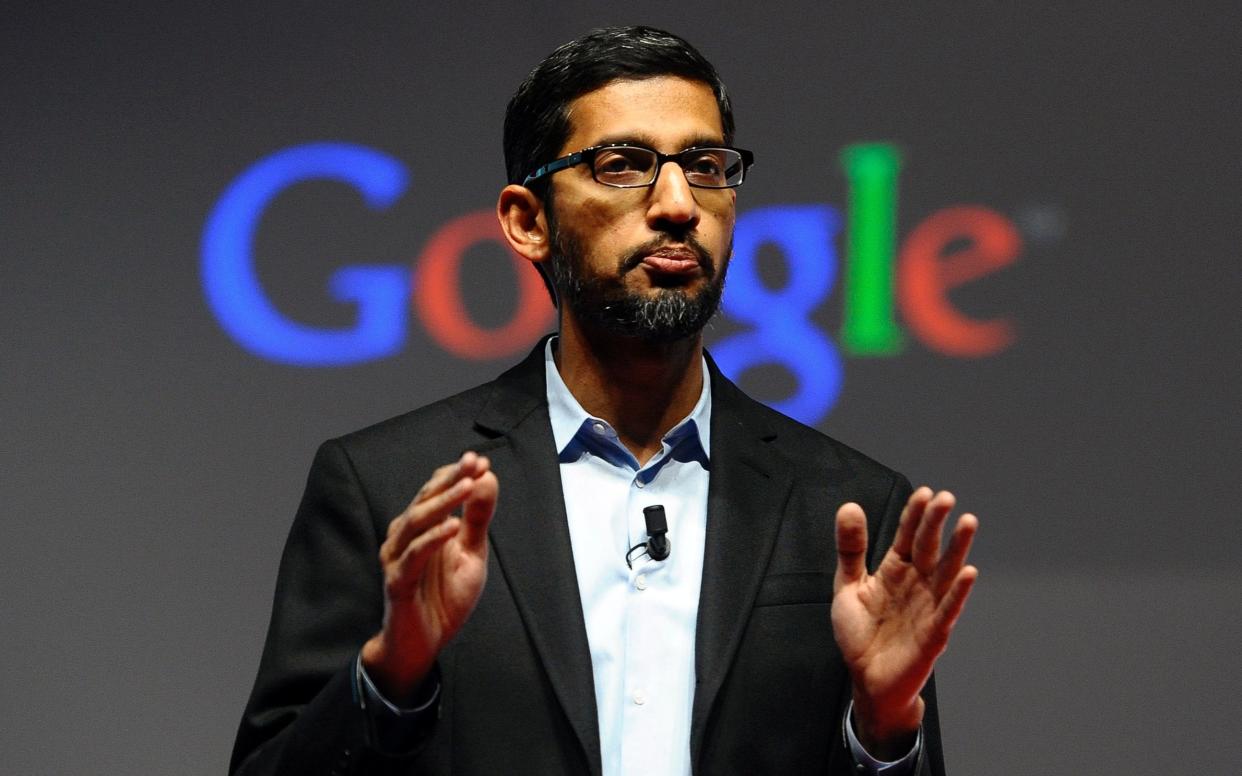EU adviser sides with Google on 'right to be forgotten' dispute

An advisor to the European Court of Justice has sided with Google in a dispute over the “right to be forgotten” rule, which allows European residents to remove some references to themselves from search engine results.
France’s data regulator has argued that the right to be forgotten should apply to the entirety of Google’s search engine, not just the separate versions created for countries in Europe.
Google, however, has argued that the rule only applies to its search engine in Europe.
On Thursday, Advocate General Maciej Szpunar told the European Court of Justice that EU law "should limit the scope of the de-referencing that search engine operators are required to carry out, to the EU.”
The non-binding opinion is a victory for Google, although the Luxembourg-headquartered European Court of Justice is yet to follow the recommendation. Judges typically follow the legal opinions of the advocate general, however.
“If worldwide de-referencing were permitted, the EU authorities would not be able to define and determine a right to receive information,” Mr Szpunar wrote, “let alone balance it against the other fundamental rights to data protection and to privacy.”
The opinion did not entirely back Google’s argument, however. Mr Szpunar recommended that Google must uniformly apply the right to be forgotten across all Google search engines in the EU, rather than removing search results from international versions of the site when accessed from the country which the complaint originated from.
In a statement, a spokesman for Computer & Communications Industry Association, a lobbying body for technology giants including Google, welcomed the opinion.
The opinion "balances EU residents' right to be delisted while respecting the constitutional rights of citizens outside of the EU," said CCIA Senior Manager Alexandre Roure.
"We hope the final court ruling will take the same pragmatic and balanced approach," he added.
A final judgement is not expected from the European Court of Justice until three to six months time.

